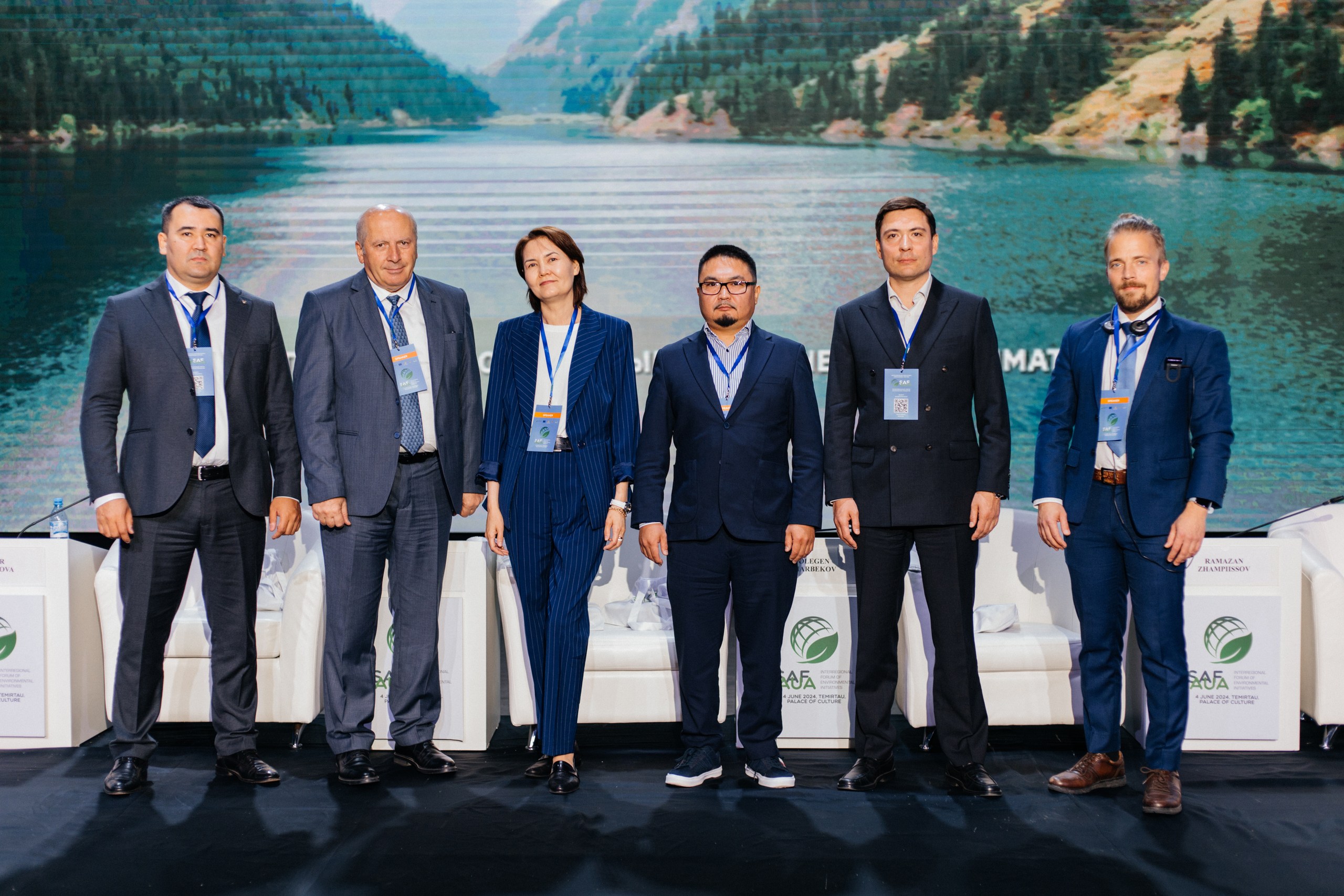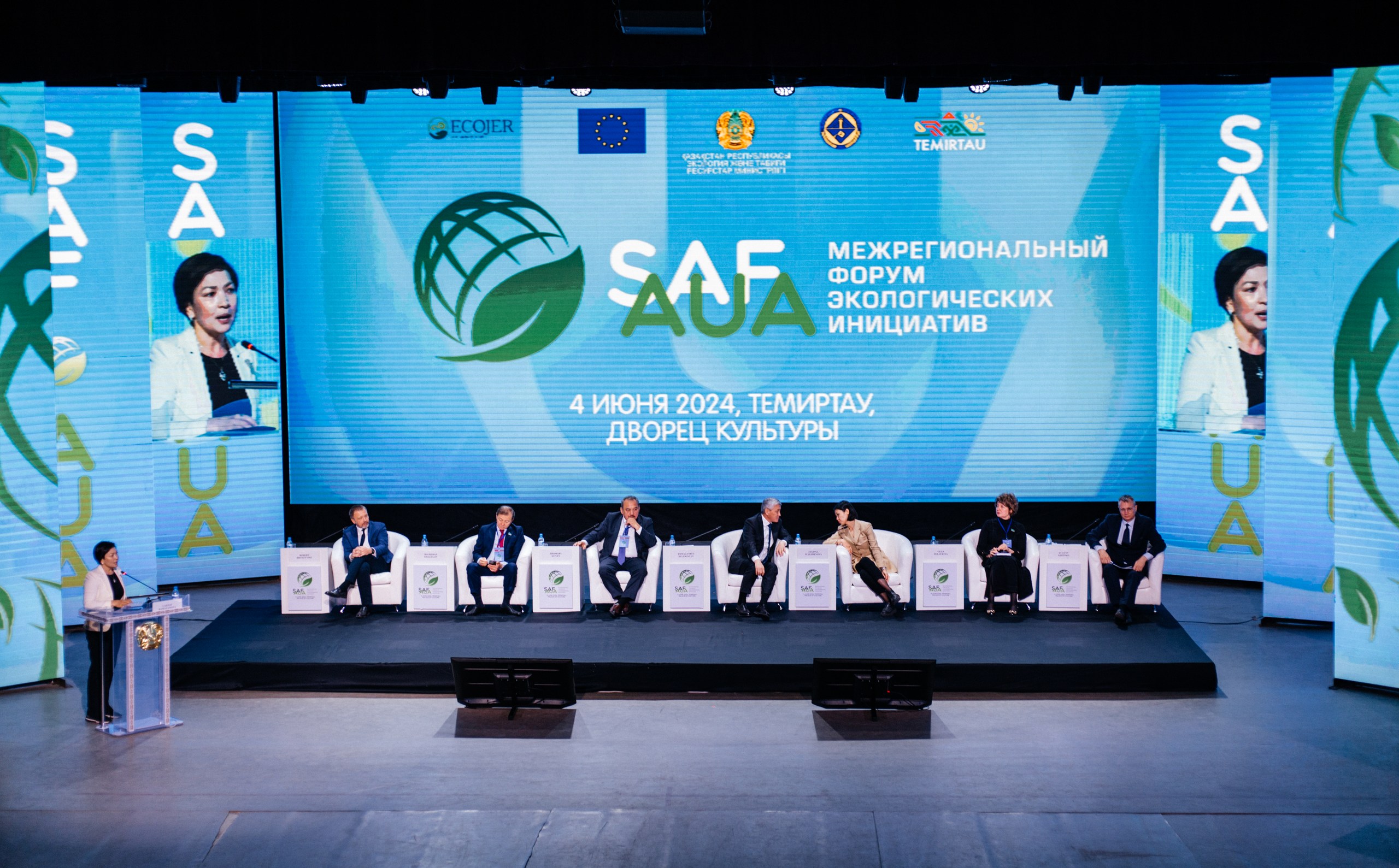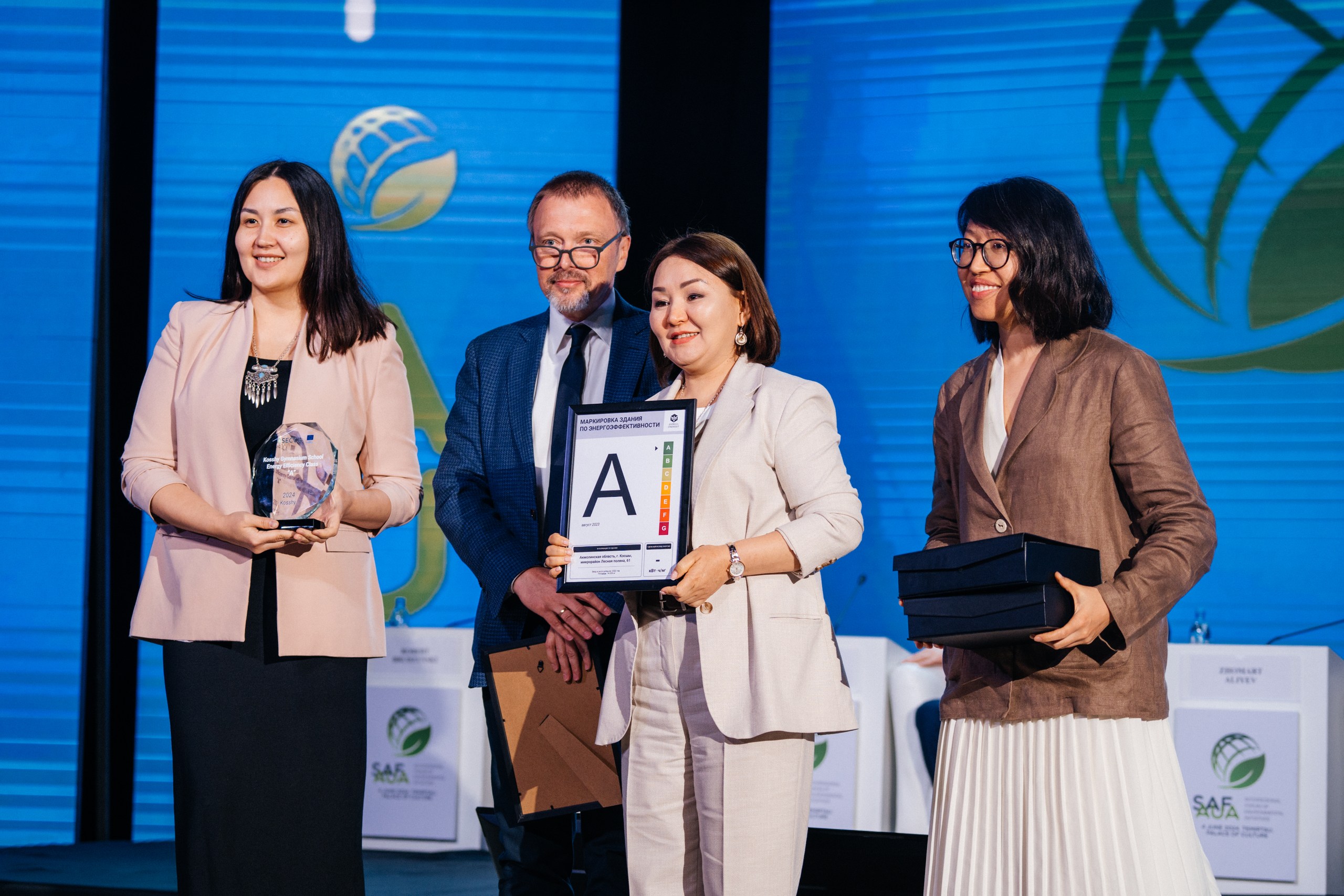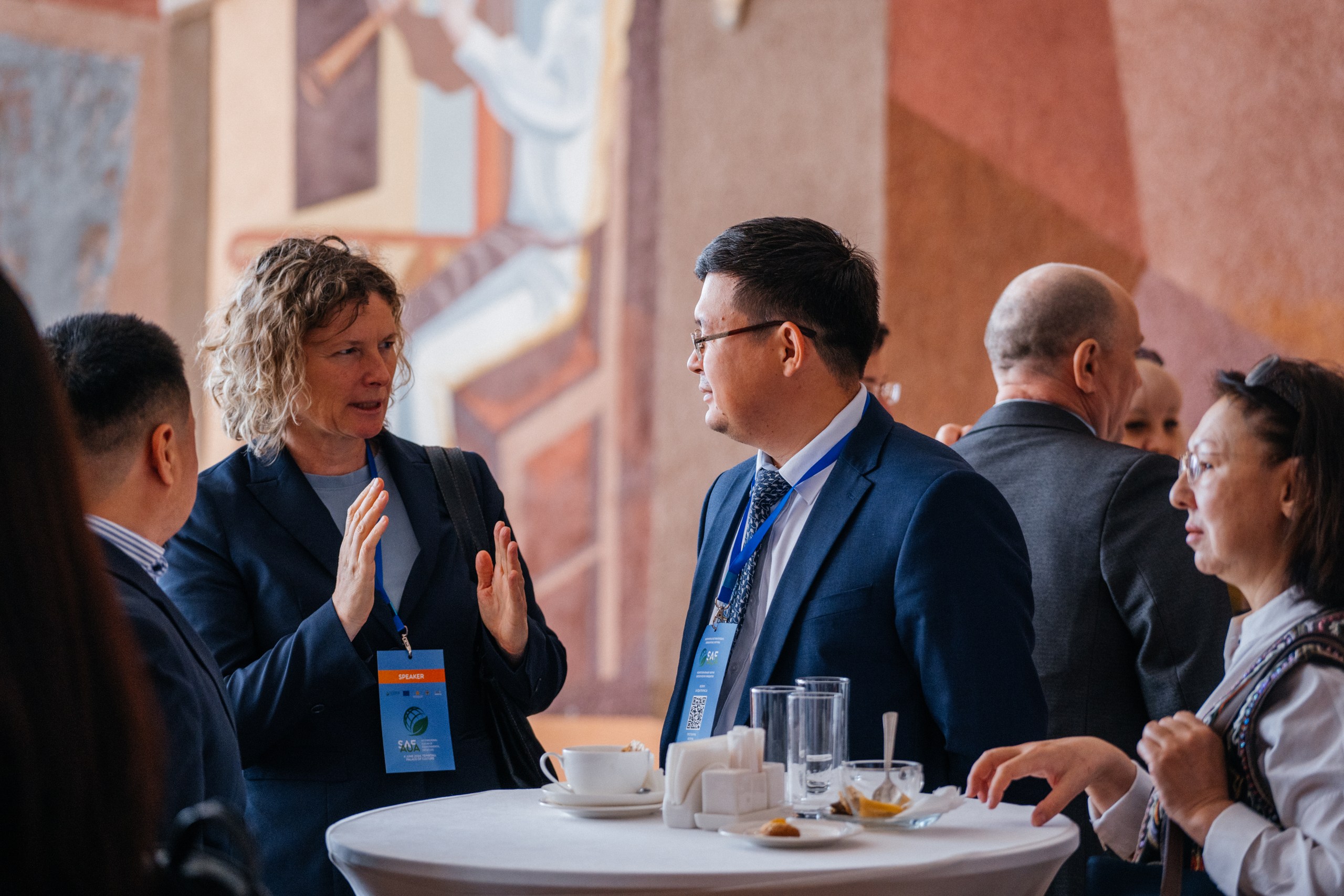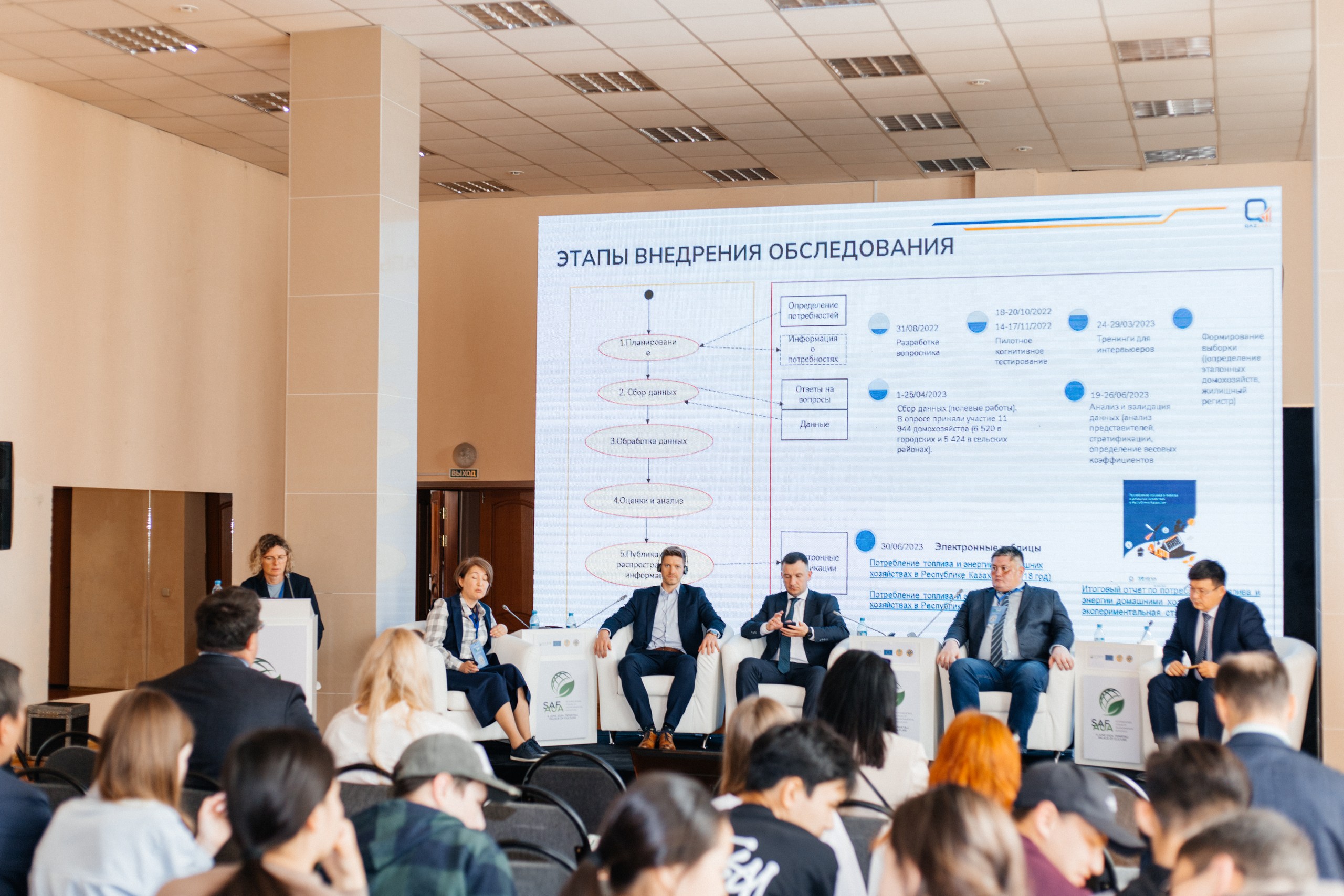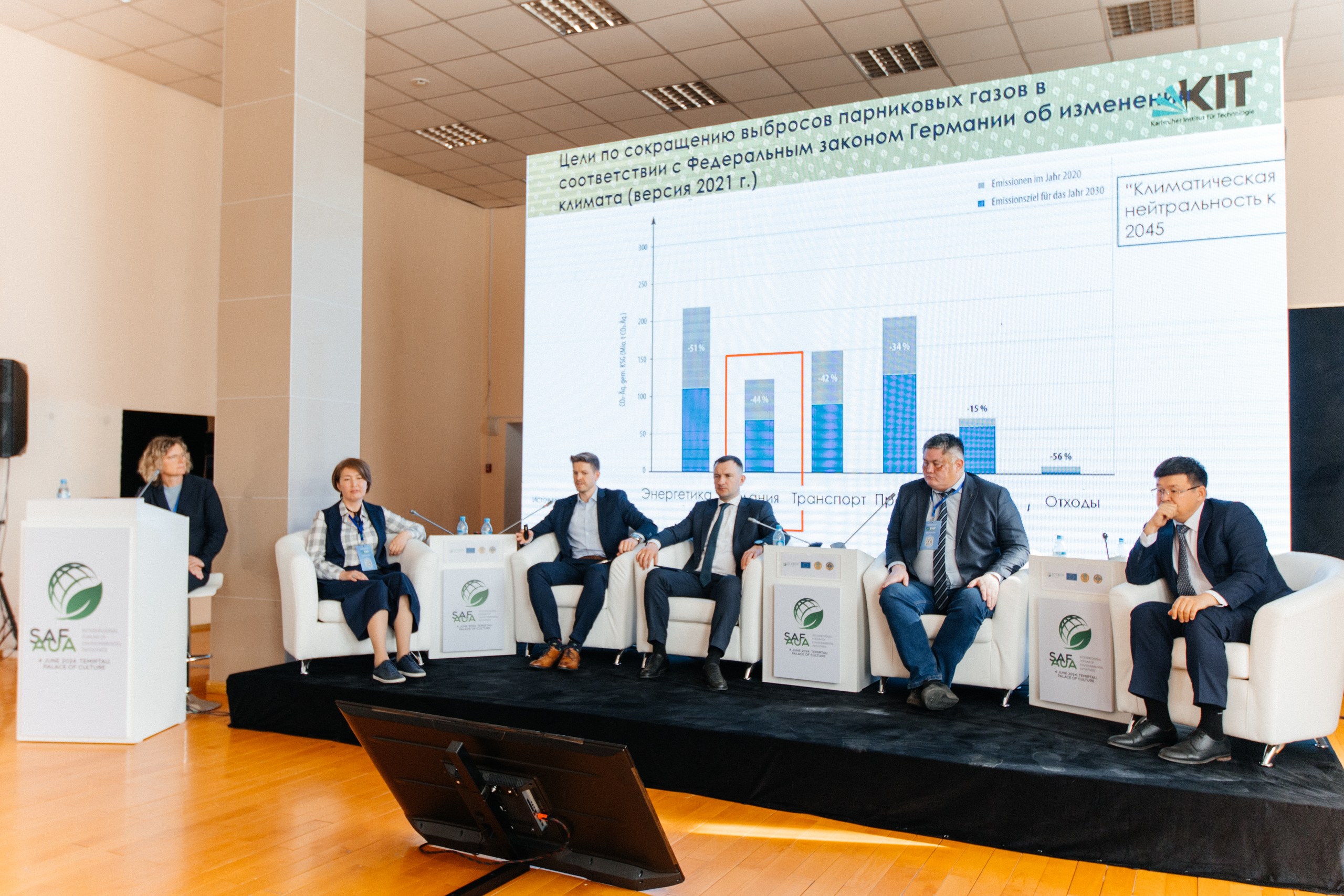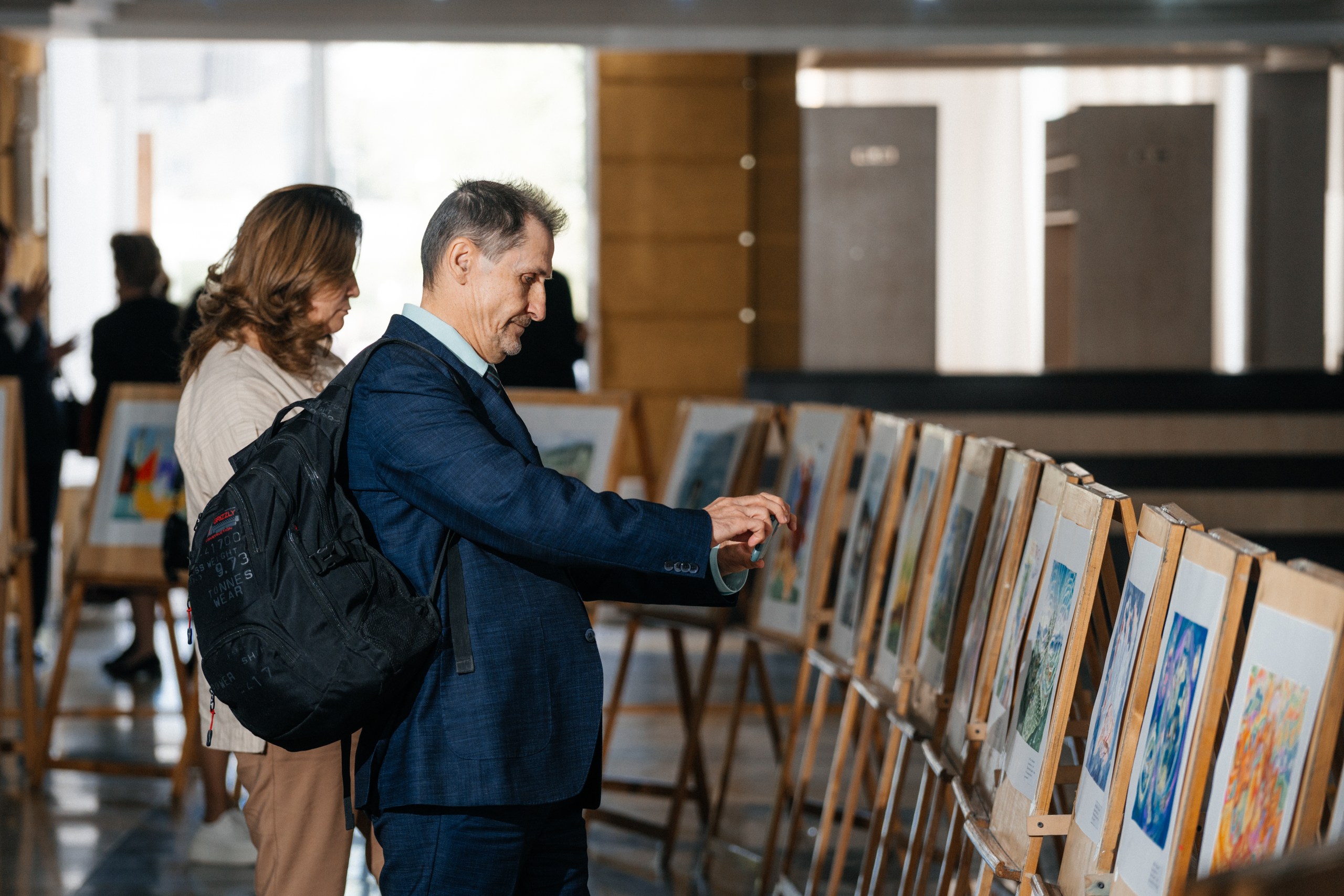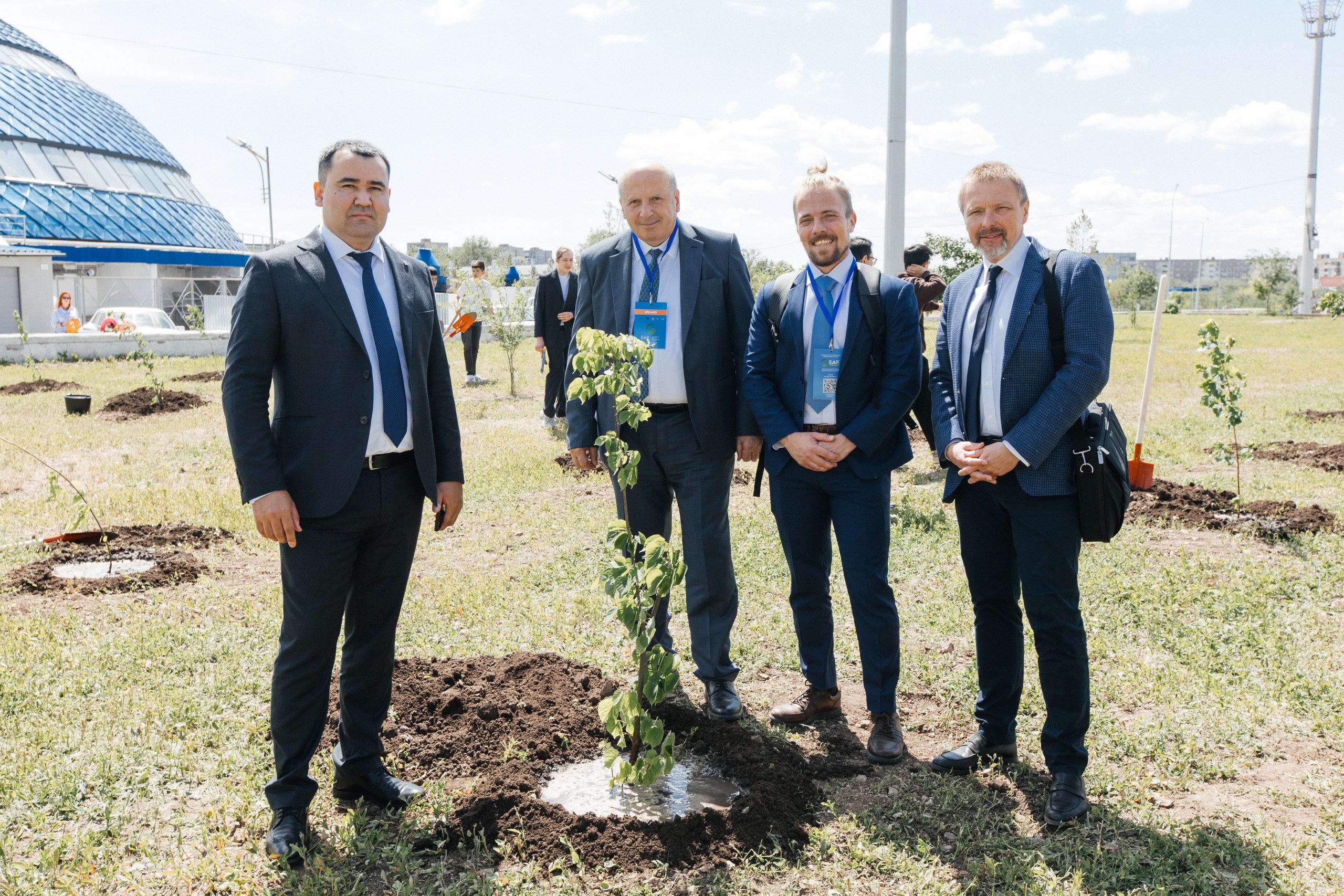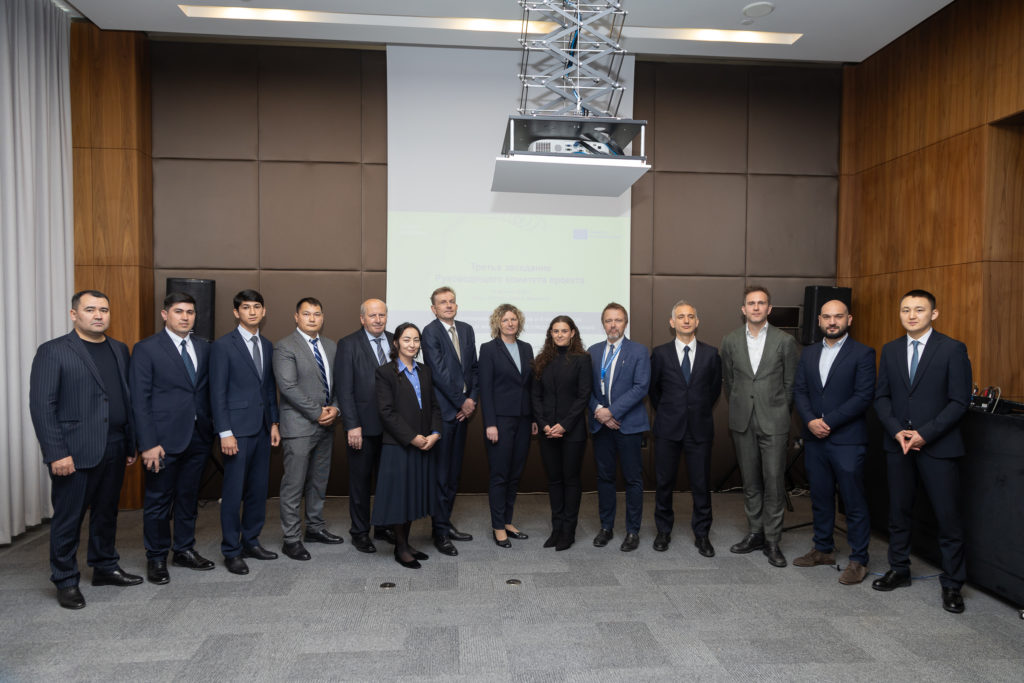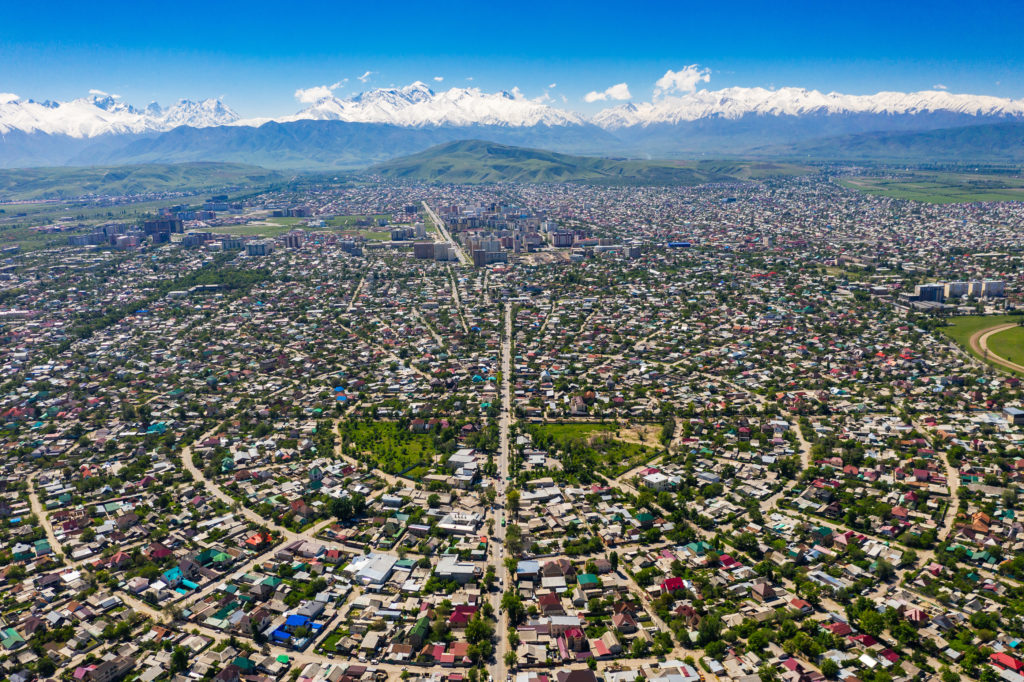Temirtau, Kazakhstan – II Interregional Forum of Environmental Initiatives SAF AUA took place in Temirtau.
The goal of the event was to draw attention to the environmental problems of industrial regions and find ways to solve them. The Forum was organised by the Kazakhstan Association ECOJER with the support of the European Union (through its project “Sustainable Energy Connectivity in Central Asia (SECCA)”), the Ministry of Ecology and Natural Resources of the Republic of Kazakhstan, and local executive bodies.
“Clean air, healthy nature – these are not just words, these are the future of our children, and the basis for the well-being of Kazakhstan. That is why we are holding the SAF AUA Forum in Temirtau, in the region where environmental issues require special attention and comprehensive solutions. We believe that joint efforts of the state, business and the public, the involvement of advanced technologies and a responsible approach to industrial development can change the situation for the better. Let not only economic successes, but also the clean environment of the regions become an example for the whole country. This is exactly what we are striving for”, said Lazzat Ramazanova, Chairperson of the Board of the Kazakhstan Association ECOJER.
The representatives of QARMET JSC presented the development strategy for the coming years, taking into account the reduction of the impact on the environment. It was noted that in the context of the transition to carbon neutrality, coal degassing and coal chemistry are becoming strategically important areas for the development of the coal industry in Kazakhstan. Despite the decline in the consumption of coal as a fuel, its processing, including pyrolysis, gasification and hydrogenation, opens up opportunities for the production of a variety of organic and inorganic products. The development of coal chemistry in Kazakhstan will help create new jobs, open new markets and satisfy domestic demand.
In general, the Development Program of the Karaganda region today includes projects aimed at achieving environmental safety. Among them there are projects to introduce alternative energy sources, install containers for separate waste collection, create green areas by planting 1 million trees annually, and most importantly, the project of gasification of industrial enterprises in the region.
The implementation of the Automated Environmental Monitoring System was discussed separately. It was noted that in regions where the system is actively used, the level of air pollution has decreased by 15-20% over the past five years, the frequency of environmental accidents and emergencies has also decreased by 10-12% due to the prompt identification and elimination of potential threats.
The participants also noted that in Kazakhstan there is an urgent need for a comprehensive solution to the issue of waste processing. Today, more than 1,000 enterprises are facing the shortage of high-quality raw materials, resulting in underutilization of their production capacities. To fix the situation, it is planned to implement 94 investment projects in the field of waste management for a total amount of more than 230 billion KZT. In particular, 49 waste sorting complexes will be built, and 45 waste processing enterprises will be modernized, which will create more than 800 new jobs.
The forum discussed issues of energy transformation of industry, strategies for increasing the energy efficiency of buildings and the introduction of green technologies in construction.
“The relationship between energy and the environment is obvious. The sustainability of our planet largely depends on how harmonious this relationship is. Decoupling economic growth from the consumption of resources with a high carbon footprint is a strategic priority for both the European Union and Kazakhstan. In this regard, the creation of a fair carbon pricing system will allow Kazakhstan to more effectively reduce greenhouse gas emissions. The European Union fully supports Kazakhstan’s goals of bringing the European and Kazakh emissions trading systems closer together. We highly appreciate the efforts of the Ministry of Ecology and Natural Resources to constantly analyze the situation with the Carbon border adjustment mechanism (CBAM) and, for our part, are ready to provide all the necessary information”, said Robert Brudzynski, Programme Manager at the Delegation of the European Union to the Republic of Kazakhstan.
Based on the results of the Forum, a resolution will be prepared with specific proposals and recommendations that will be sent to government bodies, business structures and international organizations.
The Forum was attended by the representatives of the Ministry of Ecology and Natural Resources of the Republic of Kazakhstan, the Delegation of the European Union to Kazakhstan, deputies of the Parliament of the Republic of Kazakhstan, representatives of international organizations and the scientific community, as well as environmental and social activists.


